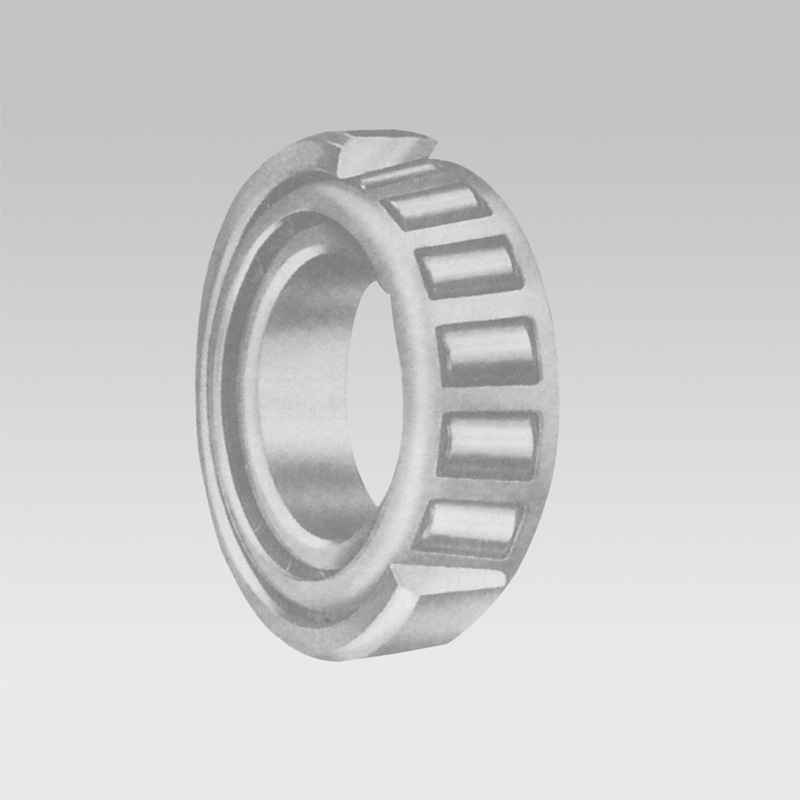
Dec . 26, 2024 19:46 Back to list
bearing 6208 specification
Understanding the Specifications of Bearing 6208
Bearings play a crucial role in mechanical systems, providing support and facilitating smooth motion between moving parts. Among the wide variety of bearings available today, the 6208 bearing is a popular choice, particularly in applications requiring reliability, durability, and cost-effectiveness. In this article, we will delve into the specifications of the bearing 6208, exploring its design, materials, applications, and maintenance.
Design and Structure
The 6208 bearing is classified as a deep groove ball bearing, which is characterized by its simple design and robust performance. This type of bearing typically consists of an outer ring, an inner ring, a cage, and balls. The deep groove design allows it to accommodate both radial and axial loads, making it suitable for various applications.
The dimensions of the 6208 bearing are crucial to its performance. The bearing has an inner diameter of 40 mm, an outer diameter of 80 mm, and a width of 18 mm. These dimensions enable it to fit into a wide range of machinery, including electric motors, conveyors, and automotive components. The 6208 bearing is often available in various tolerances, including standard, P5, and P6, allowing engineers to choose the right level of precision for their specific application.
Material Composition
The performance and longevity of the 6208 bearing are significantly influenced by the materials used in its construction. Typically, the inner and outer rings, as well as the balls, are made from high-carbon chrome steel (AISI 52100), which boasts excellent wear resistance and strength. The races are usually heat-treated to enhance their hardness, further increasing their durability.
In addition to steel, some variations of the 6208 bearing may employ ceramic materials or stainless steel, particularly in environments subject to corrosion or in applications where weight reduction is a priority. Each material choice has implications for the bearing’s performance under varying loads, temperatures, and environmental conditions.
Performance Characteristics
A key specification of the 6208 bearing is its load rating. The dynamic load rating (C) for standard 6208 ball bearings is approximately 15,500 N, while the static load rating (C0) can reach around 10,000 N. These values indicate the bearing’s ability to withstand different types of loads without failure.
bearing 6208 specification

Another important characteristic is the operating speed. The 6208 bearing can comfortably operate at speeds of up to 10,000 RPM, depending on factors such as lubrication, temperature, and load. Proper lubrication, whether through grease or oil, is vital, as it reduces friction and heat buildup, thereby prolonging the bearing’s life.
Additionally, the 6208 bearing is designed to operate effectively within a temperature range of -30°C to +120°C. This broad range makes it suitable for diverse applications, from household appliances to industrial machinery.
Applications
The versatility of the 6208 bearing has led to its widespread use in various industries. Common applications include
1. Automotive Industry Used in wheels, transmissions, and engines, the 6208 bearing ensures that components function smoothly and efficiently. 2. Home Appliances Found in washing machines, refrigerators, and electric motors, these bearings contribute to the reliable performance of household devices. 3. Industrial Equipment Utilized in conveyor systems, pumps, and compressors, the 6208 bearing supports heavy loads and high speeds, proving crucial in manufacturing and process industries.
Maintenance and Longevity
To maximize the lifespan of the 6208 bearing, proper maintenance is essential. Users should regularly inspect bearings for signs of wear, abnormal noise, or vibration. Lubrication intervals must be adhered to, as insufficient lubrication can lead to overheating and premature failure. Additionally, ensuring that bearings are adequately sealed can prevent contamination from dust, dirt, and moisture, further extending their operational lifespan.
Conclusion
The bearing 6208 is a testament to the engineering advancements in bearing technology, providing an optimal balance between performance, durability, and cost. Understanding its specifications helps engineers and technicians make informed decisions about its application in various machinery. By ensuring proper maintenance and appropriate usage, the 6208 bearing can deliver reliable service across a multitude of industries, making it an indispensable component in modern engineering.
Latest news
-
Premium Deep Groove Ball Bearings | High Speed & Reliability
NewsAug.29,2025
-
Durable Scaffolding Clamps - Secure & Reliable Tube Connectors
NewsAug.28,2025
-
Common Failures in Thrust Ball Bearings and Solutions
NewsAug.22,2025
-
How Tapered Roller Bearings Can Take Shock Loads
NewsAug.22,2025
-
Angular Bearings in High-Precision Spindles
NewsAug.22,2025
-
The Impact of Misalignment on Cylindrical Roller Bearing Performance
NewsAug.22,2025
